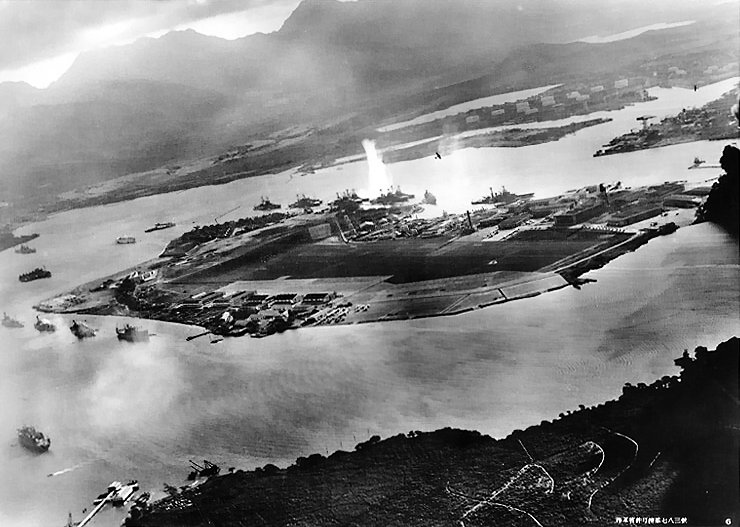3 Reasons Why Japan Attacked Pearl Harbor

Japan attacked Pearl Harbor for three reasons. The reason for the attack on Pearl Harbor and the goal of the attack are not the same.
Here are 3 reasons why Japan attacked Pearl Harbor:
Reason #1: An Increased Need For Natural Resources
Japan had an increased need for natural resources like oil, minerals and steel as their goals for expansion in Asia and the Pacific increased.
Reason #2: Restrictions
The United States also had an obvious interest in these natural resources, and in response to to the Japanese aggression, the U.S. Congress placed restrictions on doing business with Japan. And, if that weren’t enough, Japanese assets in the United States were frozen.
Reason #3: Expansion in the Pacific
President Roosevelt moved the US Pacific Fleet from California to Pearl Harbor in 1939. This move was a threat to Japan, who wanted to expand in the Pacific. Military leaders and politicians saw a war between the U.S. and Japan as inevitable, with the solution being to attack first. Japan did just that.
Those are three reasons why Japan attacked Pearl Harbor. Many people believe the Japanese were successful in their attack. They took the lives of more than 2,500 Americans and destroyed 18 ships and about 300 airplanes. But, the result of the attack did not enable Japan to expand in the Pacific. It did not result in the acquisition of more natural resources. And, the restrictions were not lifted as a result of the attack.
The reasons why Japan attacked Pearl Harbor deem the attack as a failure and a mistake.
